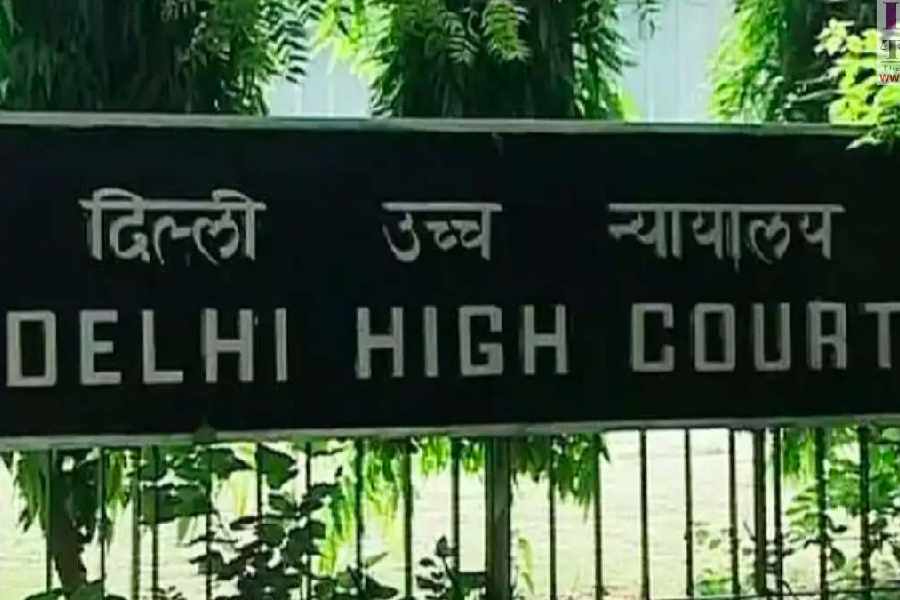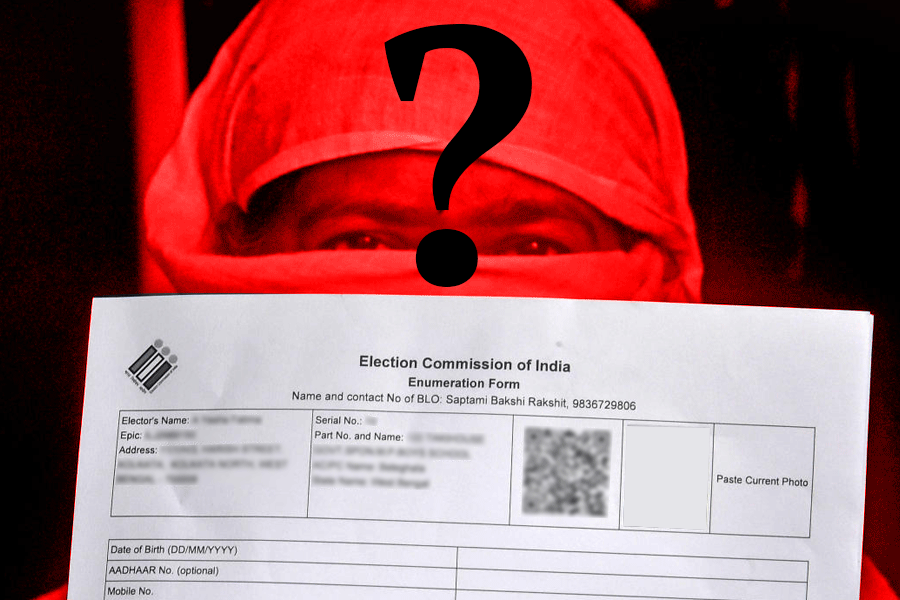Even in this hi-tech "click of mouse age" some government officials are yet to come out of their love for "snail's pace" style of working, the Delhi High Court has said, dismissing a plea by the Income Tax authorities to condone a delay of nearly 500 days in filing an appeal.
The high court said negligent or deliberate dormancy on the part of government officials cannot be countenanced. It said time has come when due diligence has to replace negligence which pervades some of the government agencies so justice does not hang at the altar of “dereliction, default, negligence and indifference”.
“Time has come to take drastic measures qua lethargy caused litigation delays, lest the chaos in judicial functioning percolated further. Time has come when due diligence has to replace negligence which pervades some of the government agencies as in the present case, so that justice does not hang at the altar of dereliction, default, negligence and indifference," the court said.
It said despite the anguish expressed by courts at all levels through various judicial pronouncements, no change has taken place in the work attitude of officials of some of the government departments.
“Largely, behind such delays on the part of government agencies in initiating appropriate legal proceedings lies extreme laxity, negligence and dereliction of duties on the part of government officials. Even in this hi-tech ‘click of mouse’ age some of the government officials are yet to come out of their love for ‘snail pace’ style of working.
“Worst is when such delays are aimed at simply completing formalities so that the government appeals get dismissed on the grounds of limitation, to the designed benefit of the other party,” a bench of Justices Rajiv Shakdher and Girish Kathpalia said.
It said it is high time that such government officials were taken to task and penalised to recompense the exchequer.
“Time has come to take drastic measures qua lethargy- caused litigation delays, lest the chaos in judicial functioning percolates further,” it said.
The high court’s order came while dismissing an application filed by the Principal Commissioner of Income Tax seeking condonation of a delay of 498 days in filing an appeal under the Income Tax Act. The time to file appeals under the IT Act is 120 days. It also dismissed the appeal.
In support of the application, the counsel for the IT Department argued that the power to condone the delay must be exercised liberally in favour of the applicant, especially where the applicant is a government body and the exchequer is involved.
It was argued that if the delay is not condoned, irreparable injury would be caused to the IT department and, if the delay is condoned, no prejudice would be caused to the assessee.
However, the counsel for the assessee submitted that no circumstances have been put forth in the application to explain such inordinate delay in filing the appeal, therefore, it is not a case that warrants showing leniency.
The high court, which noted that even the income tax authorities admit there is an inordinate delay of 498 days, said the application appeared to be a “cyclostyled” proforma in which the number of days of delay has been subsequently filled, reflecting total lack of seriousness with which the issue of limitation has been taken up.
It said there is not even a whiff of any circumstance which could be analysed by the court to arrive at a conclusion that it was beyond the control of the department and added that the authorities ought to have explained explicitly the circumstances leading to the delay in filing the appeal.
“Can such laxity on the part of one of the litigants be ignored so as to snatch away from the other party a right which accrued to it on account of non-filing of appeal in time? The answer, according to us, has to be in the negative,” the bench said.
Except for the headline, this story has not been edited by The Telegraph Online staff and has been published from a syndicated feed.










